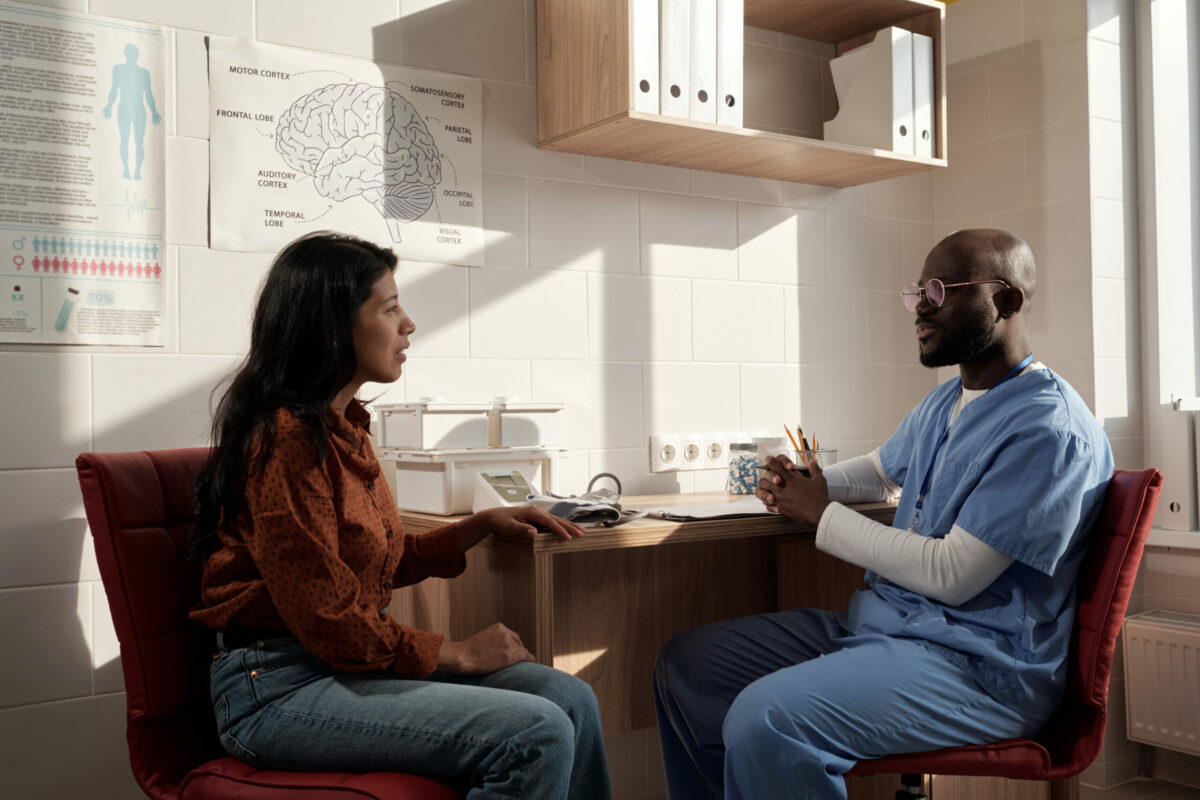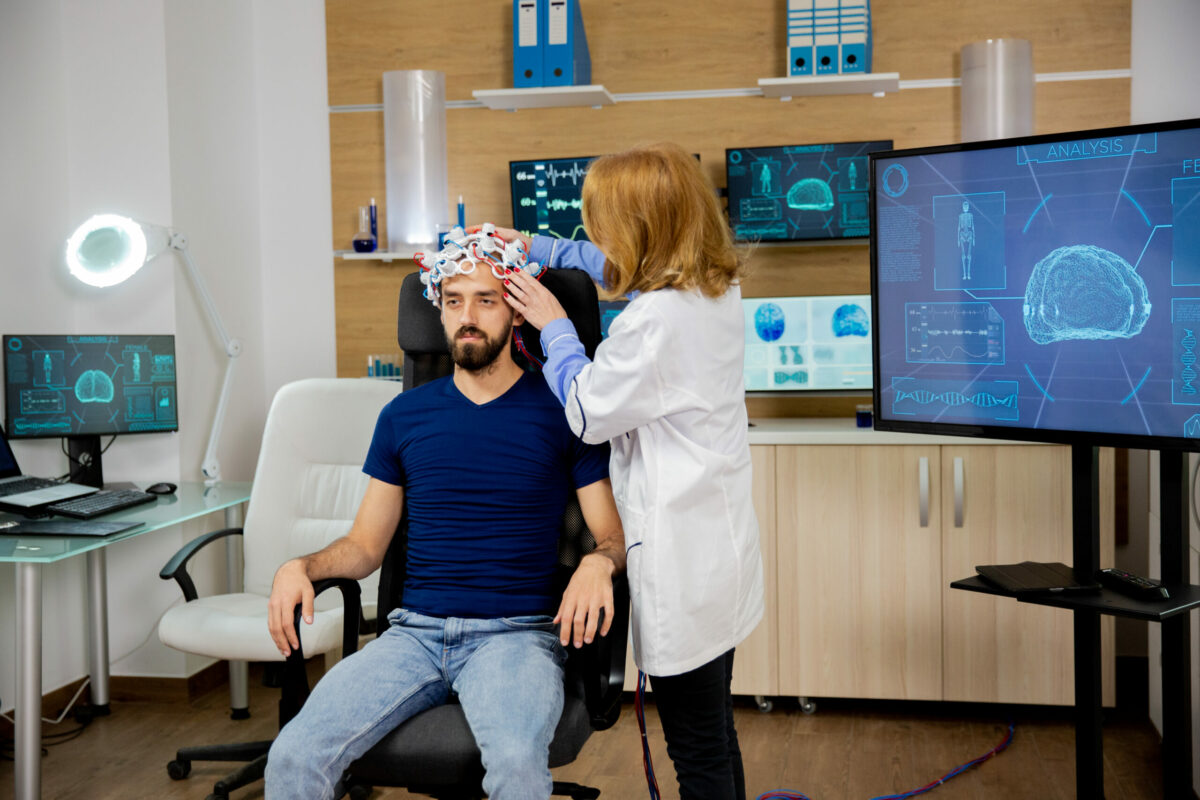Mental conditions are disorders that impact our thinking, behavior, feelings, and others. Today, more than 200 mental disorders. To treat symptoms of these conditions usually are used psychotherapy, alternative therapies, brain stimulation therapy, medicines, and others.
Mental Health
Mental health (also known as behavioral health) is very important because it includes emotional and social well-being. In addition, the mental state also affects the method you overcome stressful situations.
In most cases, our behavior and thinking are negatively affected if we experience mental disorders or illnesses. These diseases impact mood and function at home, work, and school. However, poor mental health does not every time mean that you have a mental disease.
Mental Disorder Types
Check below a few common mental conditions:
- Anxiety
- Attention-deficit/hyperactivity disorder (ADHD)
- Autism spectrum disorder
- Bipolar disorder
- Depression
- Eating disorder
- Obsessive-compulsive disorder (OCD)
- Disruptive behavior disorders (such as conduct disorder and oppositional defiant disorder)
- Personality disorder
- Schizophrenia
- Substance use disorders (such as drug addiction and alcohol misuse)
- Post-traumatic stress disorder (PTSD)
Anyone can get a behavioral disorder but women are more likely to experience depression, anxiety, and eating disorders. On the other hand, men are more likely to experience substance misuse and antisocial personality disorders. Conditions like ADHD are more frequent in adolescents.
Are mental health disorders common?
About 1 in 5 adults and adolescents experience a mental disorder. Moreover, suicide is usually associated with mental health problems and it is the 10th leading cause of death in the United States.
Symptoms
Usually, symptoms depend on the severity of the condition a person experiences. Check below some examples:
- Use of recreational drugs or alcoholic drinks
- Excessive fear or worrying
- Feelings of sadness or isolation
- Tiredness
- Sleep disturbances
- Changes in sex drive
- Perceiving reality problems, such as delusions or hallucinations
- Avoiding friends and social situations
- Intense irritability or anger
- Obsession with your physical appearance, weight, or eating habits
- Concentrating problems
- Self-injury or suicidal thoughts
Check below some symptoms that may occur in children and negatively affect their functioning:
- Performance changes at school or interaction with other children
- Disinterest in activities or hobbies
- Excessive anxiety (such as fear of going to bed)
- Nightmares
- Hyperactive behavior
- Aggression, disobedience, or frequent temper tantrums
In case you or your child experiences any of the symptoms listed above, immediately contact a healthcare professional.
Causes
A person may experience a mental disorder due to many causes. For example inherit genes from a parent, genes, and others. Furthermore, chemical imbalances in the brain also may provoke a behavioral health disorder. Check below some causes:
- Misuse of alcoholic drinks and drugs
- Poor nutrition
- Do not have a support system of family members or friends
- Traumatic birth or born from a high-risk pregnancy
- Chronic medical conditions (including cancer, diabetes, hypothyroidism, and others)
- Neurological disorders (such as dementia or Alzheimer’s disease)
- Sleep problems
- Extreme stress
- Traumatic brain injury
- Traumatic life event
- Struggle with your beliefs or spirituality
To reduce the risk of getting a behavioral health disorder, try to limit or avoid previous risk factors.
Diagnosis
Early diagnosis is important because it helps to prevent complications and treat the condition quickly and safely. Therefore, your doctor will assess all your symptoms and evaluate your mental health. In addition, it is recommended to inform your doctor about:
- Specific triggers that cause your mental health worse
- You experience chronic mental problems or they come and go
- First changes in your behavioral health
However, there are no tests that can diagnose mental disorders.
Complications
Some complications may happen if you leave a mental disorder untreated. Therefore, it may cause severe behavioral, physical, and emotional health problems. Check below some complications:
- Family conflicts
- Tobacco, alcohol, or other drug problems
- Missed work or school
- Financial or legal issues
- Homelessness and poverty
- Weakened immune system
- Heart disease (such as myocardial infarction)
- Other diseases (including diabetes, kidney or liver disease, and others)
- Social isolation
- Relationship problems
- Decreased enjoyment of life
If you notice one or more behavioral health disorder symptoms, consult with your doctor about how to treat this health issue.
Prevention
Although there is no exact way that will help to prevent mental problems. In any case, following the steps listed below may help to boost self-esteem and control symptoms. For example:
- Care of yourself – Get enough quality sleep, a well-balanced diet, and regular exercise (aim for 30-60 minutes of physical activity for at least 5 days a week). If you face sleeping problems, it is advised to see a doctor.
- Help – Some mental disorders are really hard to treat and you should not wait until your symptoms get worse. Suitable treatment may help to prevent a relapse of symptoms.
- Regular Doctor Visits – Regular checkups will help to lessen some symptoms, and side effects, or identify new health conditions.
- Warning Symptoms – It is important to make a plan with your healthcare provider in case your symptoms return or get worse. Contact your physician to tell him/her about your feelings and symptoms.
Treatment
Fortunately, different treatments are available to manage symptoms and treat behavioral disorders. Check below some of them:
- Brain Stimulation Therapies – This type of treatment is commonly used when medicines are not enough. This therapy changes the way nerves and other cells process chemicals in your brain. For example transcranial magnetic stimulation (TMS) and electroconvulsive therapy.
- Alternative Therapies – There are mental disorders (such as depression), which may improve with some alternative therapies. Examples include natural remedies, supplements, massage, yoga, meditation, acupuncture, and others. Inform your doctor if you decide to take any of the previous natural remedies or supplements, especially if you are taking other medications.
- Psychotherapy – Cognitive behavioral therapy (CBT) is one of psychotherapies. It usually focuses on changing the negative behaviors and thoughts of the patient.
- Medicines – Certain mental disorders respond to medicines such as antidepressants and antipsychotics. These drugs help to lessen the symptoms. Do not stop suddenly the treatment without a doctor’s approval because it may lead to a return of the symptoms. Therefore, your disease may become more difficult to treat.
Frequently Asked Questions
When should I contact my healthcare professional?
It is advised to seek medical attention immediately if you have suicidal thoughts or experience suicidal behavior.
What are the 5 most common mental disorders?
- Panic disorder
- Generalized anxiety disorder
- Post-traumatic stress disorder
- Depression
- Obsessive-compulsive disorder
What is the most painful mental condition?
The most intense emotional pain and distress is considered to cause Borderline personality disorder (BPD). As per studies, patients notice chronic and significant emotional problems. Talk with a healthcare provider for more details.




